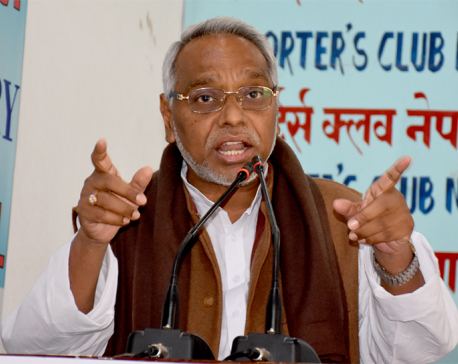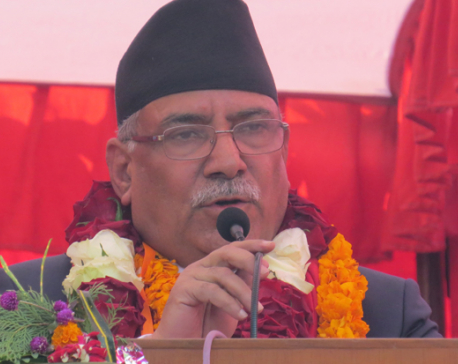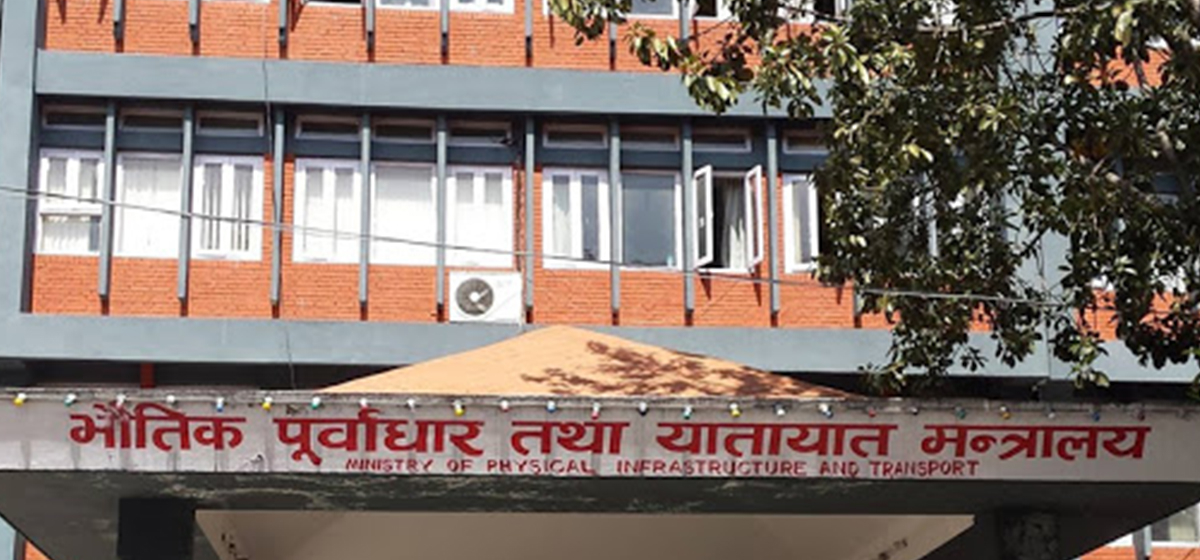
OR
Padlocking of schools
In a free-market economy, the price of goods and services is set by the market. That, at least, is the principle. The problem is, in underdeveloped countries like Nepal, the market, invariably dominated by a few oligopolies, is seldom free. Nor is it all that fair. If Nepal really was a free market, the providers of goods and services here would be competing on price and quality. But what we see in Nepal is that even when people are ready to fork out considerable sums—that is if they have the money—they can’t be assured of quality. The always pricey fruits and vegetables in our markets, even those labeled organic, are invariably laden with dangerous pesticides. The taxi cabs are supposed to be a luxurious means of transport, even if a little costly. But most of our taxis are old and uncomfortable and seldom do they agree to go by the meter. The taxi drivers basically charge as much as they want. Long distance road travel is still under the control of cartels that control all the main routes. As they don’t have to compete against anyone, their buses are rickety and their fares forever going up. Private hospitals, similarly, are a law onto themselves.
It thus bears to reason that our education sector is also controlled by a handful of profit-hungry oligarchs. Take the private schools. There are five to ten schools in Kathmandu that cater exclusively to the crème of the society. Their monthly fees run in tens of thousands of rupees and they are unaffordable to 99 percent of parents of school-going children. But if these parents are happy to pay, and are supposedly assured of top-notch education for their wards, why should it be a problem to anyone? After all, isn’t this the perfect illustration of the desired interplay between supply and demand? Besides, the parents who can’t afford these pricey schools have the option of sending their children to less expensive ones. But the moot question here is: Doesn’t this kind of segregation of students, which starts from Nursery all the way to the universities they eventually attend, responsible for further accentuating the already troubling level of class and economic divides in Nepali society? And what of the difference in education outcomes of those attending (not so good) public schools and those attending (first-division-guaranteed) private schools?
So we understand where the eight student unions that recently padlocked the accounts and administrative offices of 175 private schools, right across the country, were coming from. They plan to padlock more schools that don’t roll back their recent decision to increase their fees arbitrarily. But we doubt punitive measures like these are the right way to go about it. Why aren’t these student unions that are so quick to take action against private schools as committed to improving the quality of our public schools? If they consistently campaign for improvement of our public schools, their mother parties that are running the country will be forced to listen. Their mother parties, after all, have thoroughly politicized our public schools, with nearly all their teachers and school administrators serving as card-carrying members of this or that party. If our major political actors understood the importance of quality public education for Nepal, we suspect our public education system wouldn’t be half as bad. In fact, if not for the close association of the administrators of expensive private schools with powerful politicians, it would be impossible for these schools to arbitrarily increase their fees. In other words, there is more to this drama than meets the eye. The recent padlocking of private schools raises some troubling questions. We doubt our political class is mature enough to provide convincing answers.
You May Like This

We will not allow polls if the statute not amended by May 18: Mahato
KATHMANDU, May 11: Senior leader of Rastriya Janata Party Nepal (RJPN) leader Rajendra Mahato has warned that his party will... Read More...

Nepal would not have existed if Prithvi Narayan Shah had not played unifying role: PM Dahal
CHITWAN, Jan 10: On the eve of the birth anniversary of late King Prithvi Narayan Shah, Prime Minister Pushpa Kamala... Read More...

‘500-Denominated banknote not illegal, but not exchangeable’
KATHMANDU, Nov 26: The newly-circulated Indian banknote will be illegal to exchange in Nepal until the Reserve Bank of India... Read More...










Just In
- MoPIT prepares draft of National Road Safety Act, proposes rescue within an hour of an accident
- Light rainfall likely in hilly areas of Koshi, Bagmati, Gandaki and Karnali provinces
- Customs revenue collection surpasses target at Tatopani border, Falls behind at Rasuwagadhi border in Q3
- Rain shocks: On the monsoon in 2024
- Govt receives 1,658 proposals for startup loans; Minimum of 50 points required for eligibility
- Unified Socialist leader Sodari appointed Sudurpaschim CM
- One Nepali dies in UAE flood
- Madhesh Province CM Yadav expands cabinet









Leave A Comment